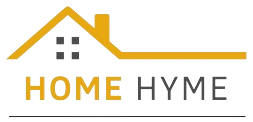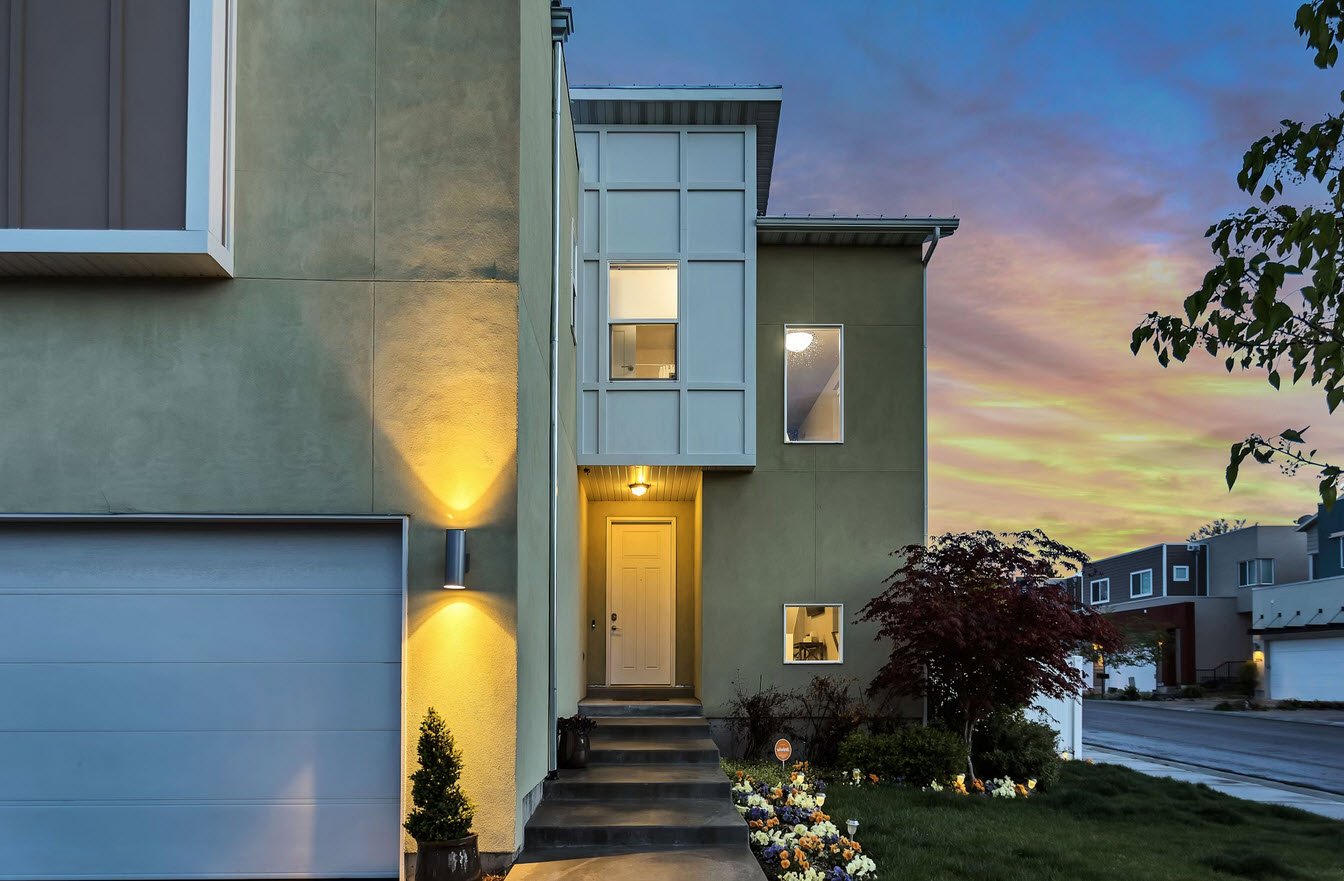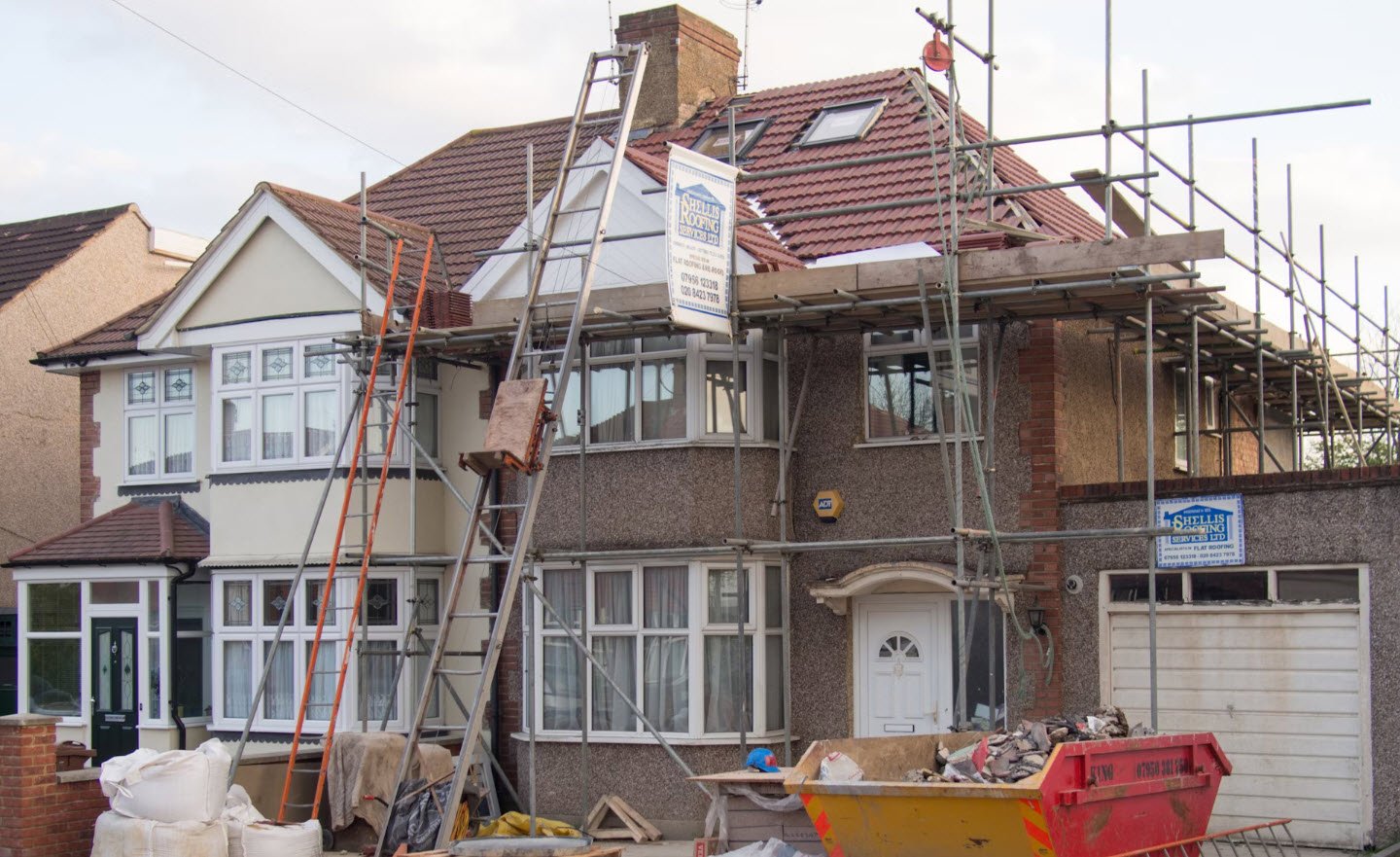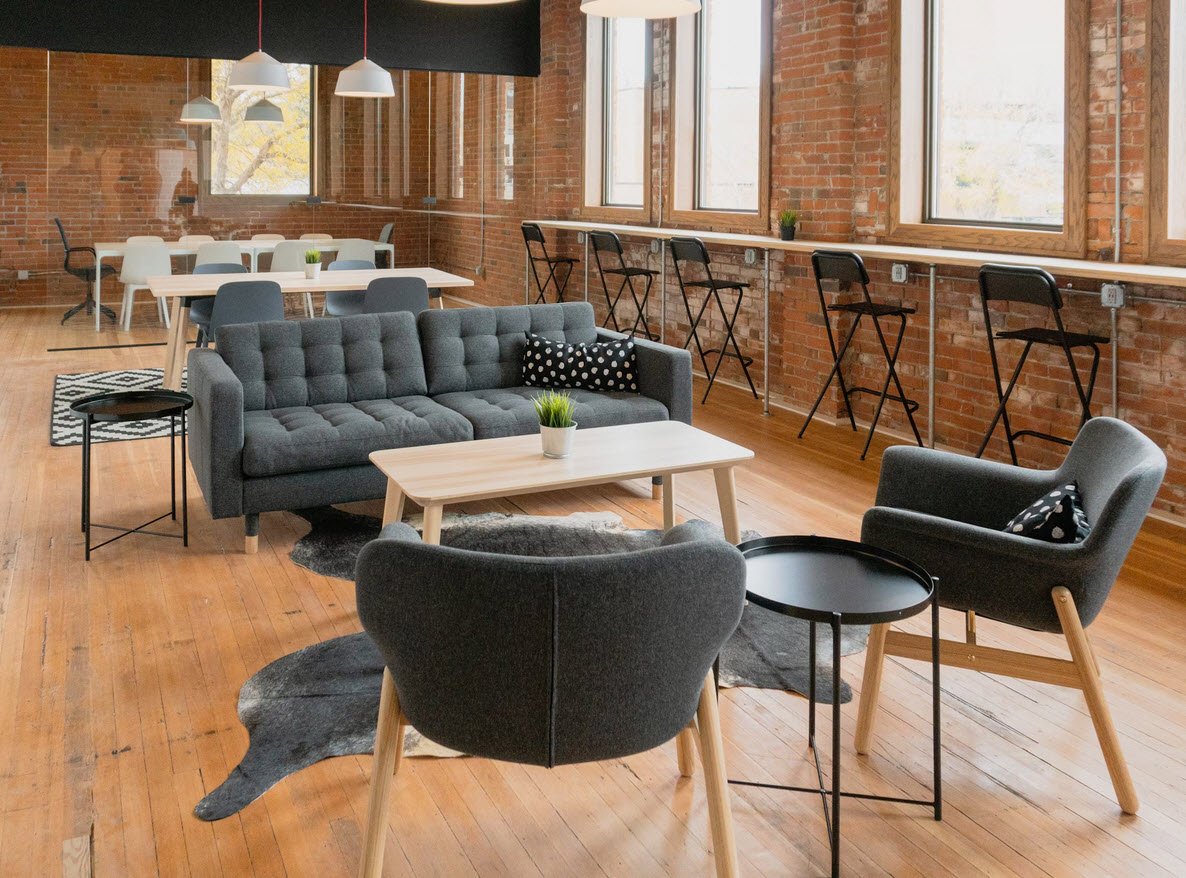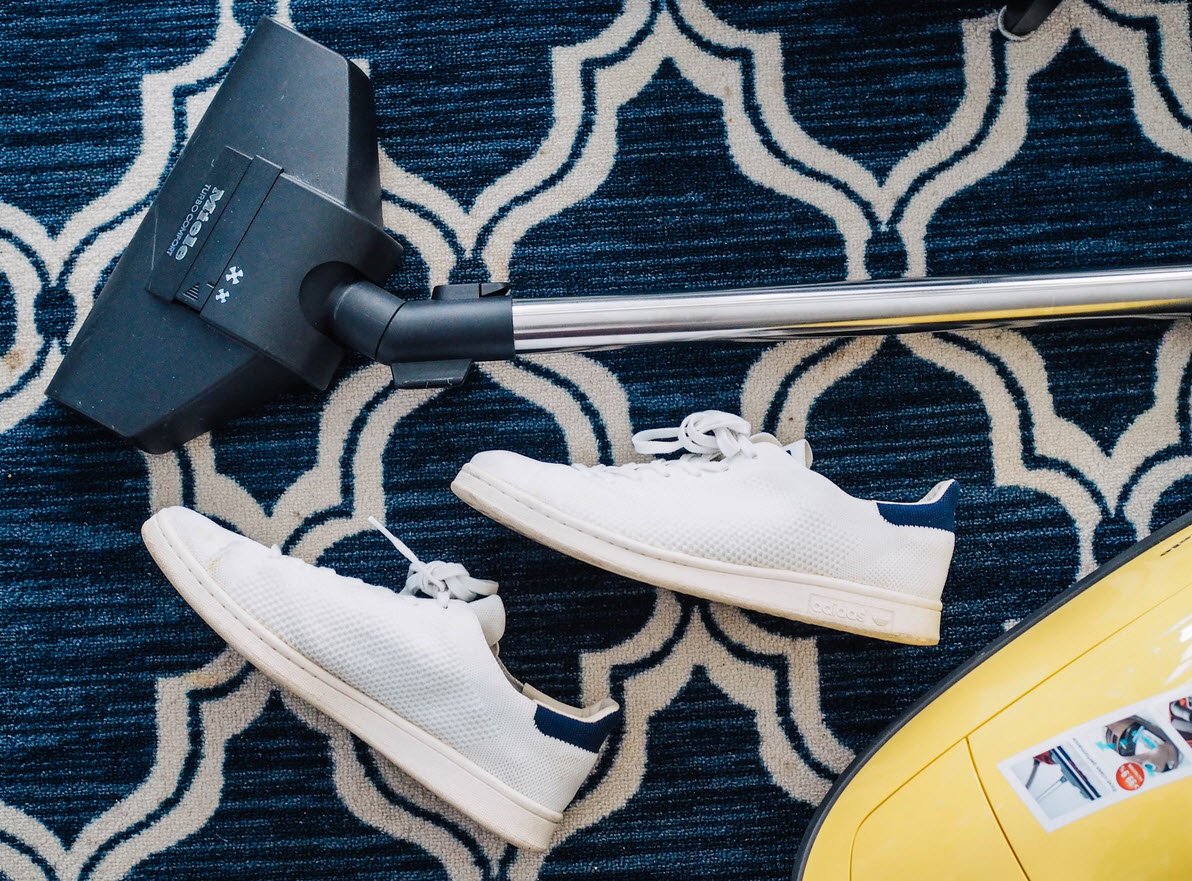
Purchasing a home is a significant financial commitment that goes beyond the down payment and the sales price. To ensure a smooth transition into homeownership, it’s essential to be aware of the hidden costs associated with buying a home.
1. Mortgage Application Fee:
When you apply for a mortgage, some lenders charge an application fee. This fee covers the cost of processing your loan application and can vary depending on the lender and the type of mortgage.
2. Mortgage Loan Insurance:
If your down payment is less than 20% of the home’s purchase price, you may be required to pay for mortgage loan insurance. This insurance protects the lender in case you default on the loan.
3. Mortgage Life Insurance:
While not mandatory, some buyers opt for mortgage life insurance to protect their loved ones from the financial burden of the mortgage in the event of their death.
4. Home Inspection:
A professional home inspection is a crucial step in the home buying process. This service helps uncover potential issues with the property, ensuring that you’re making an informed decision. While not a hidden cost, it’s often overlooked in the initial budget.
5. Land Survey Fees:
A land survey may be necessary to establish property boundaries and ensure there are no encroachments. The cost can vary based on your location and the complexity of the survey.
6. Appraisal:
Lenders often require a home appraisal to determine the property’s value. This cost is typically the responsibility of the buyer.
7. Realtor Fees:
Although sellers typically pay realtor commissions, in some cases, buyers may be responsible for their realtor’s fees, particularly in private transactions.
8. Sales Tax:
Sales tax on the purchase price of a new home can add a significant amount to your closing costs. Be sure to include this expense in your budget.
9. Contract Buyouts:
If you’re moving from an existing rental property, you may incur contract buyout fees for services like cable, internet, or security systems. Review your existing contracts and negotiate with service providers as needed.
Congratulations, You Bought a Home. What’s Next?
After the purchase, it’s essential to consider ongoing costs that come with homeownership:
- Exterior Upkeep
Maintaining your home’s exterior is vital for protecting your investment. Budget for expenses like landscaping, lawn care, and exterior repairs. - Home Insurance
Home insurance is a necessary expense to protect your property from unforeseen events like fires, storms, or theft. - Utilities
In addition to your mortgage, you’ll need to cover utilities such as water, gas, electricity, and waste disposal. - Property Tax
Property taxes are an ongoing cost that varies based on your location and the value of your home. - Incidentals
Budget for unexpected repairs and maintenance costs that may arise as your home ages. - Commute
Consider the additional costs associated with a longer commute to work or school when selecting your new home. Longer commutes can mean increased fuel and transportation expenses.
Understanding these hidden and ongoing costs of buying a home is crucial for maintaining financial stability as a homeowner. Proper budgeting and financial planning can help ensure a smooth transition into your new property and a successful long-term homeownership experience.
You may also like:- Don’t Buy A House In These 5 US Cities
- A Guide to Prepare for Your First Home Purchase
- A Comprehensive Guide to Saving on Major Appliances
- How to Save on Home Improvement – Cost-Effective Tips for Enhancing Your Space
- Practical Tips and Strategies for Saving Money on Furniture Purchases
- 51 House Cleaning Shortcuts to Save Time and Effort
- 5 Signs of a Good Air Duct Cleaning
- Tenant’s Guide – 5 Things to Remember When You Move In
- 7 Simple Reasons Why You Need a Network Security Camera for Your Home
- Fire Safety Checklist for Home – A Comprehensive Guide
